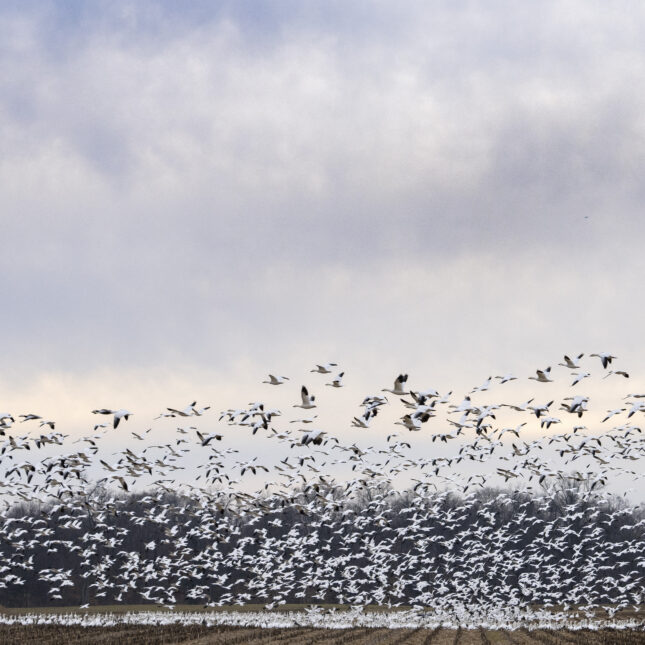
The United States has confirmed its first known severe human infection of H5N1 bird flu, in a person in Louisiana believed to have contracted the virus through contact with sick or dead birds in a backyard flock.
The Centers for Disease Control and Prevention announced Wednesday that its laboratories were able to confirm the case that Louisiana had reported on Friday.
The unidentified person is in critical condition, with severe respiratory illness, Emma Herrock, communications director of Louisiana’s Department of Health, told STAT in an email. She said the person was over the age of 65 and had health conditions known to increase the risk of serious illness from influenza.
To date this year, 61 human cases of H5N1 bird flu have been confirmed in the U.S. Until the Louisiana case, all had very mild symptoms. Most have been people who worked on affected dairy farms, or cullers hired to depopulate infected poultry flocks.
Demetre Daskalakis, director of the CDC’s National Center for Immunization and Respiratory Diseases, confirmed the case during a news conference on the H5N1 situation in the country. But Daskalakis deferred all questions about the Louisiana individual’s age, previous health status, and symptomology to the state’s health department. Louisiana had previously refused to release any information other than the fact that the person lives in the southwestern portion of the state, out of concern for the patient’s privacy.
Health conditions that increase a person’s risk of becoming seriously ill from flu include being obese, having asthma or chronic lung disease, having diabetes or a blood disorder such as sickle cell disease, or having heart disease or kidney or liver disorders.
Daskalakis did reveal that genetic sequencing of the virus shows that it is not the version of H5N1 that has been circulating in U.S. dairy cows, clade 2.3.4.4b genotype B3.13. Instead, it is a version of the virus — 2.3.4.4b genotype D1.1 — that is circulating in wild birds. A recent severe illness in a teenager in British Columbia, Canada, was also caused by viruses from the D1.1 genotype.
The Canadian teenager spent weeks in critical condition in hospital, on a ventilator because he or she could not breathe on their own. An official from British Columbia told STAT on Tuesday that the teenager is no longer in critical care, though he or she remains in hospital.
This story has been updated with information from the Louisiana Dept. of Health.






